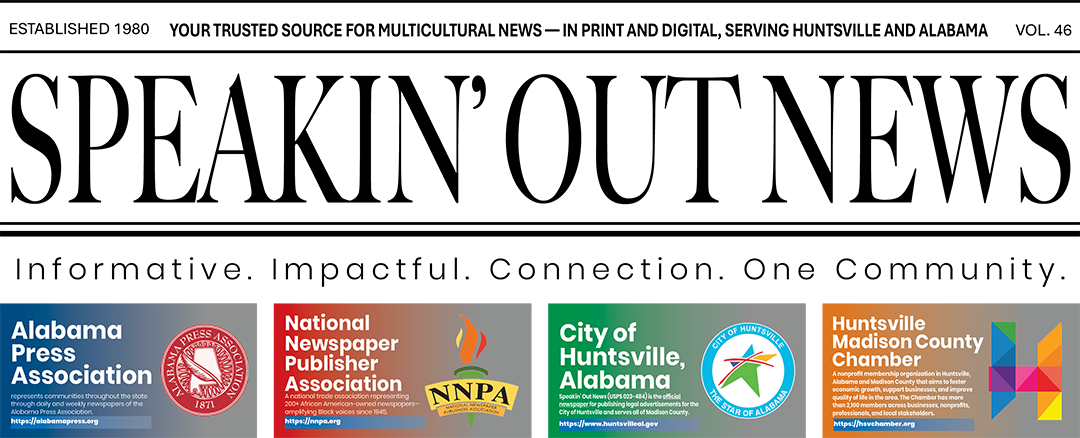Experts say behavioral therapy and structured support can make a lasting difference
By SPEAKIN’ OUT NEWS

Attention-Deficit/Hyperactivity Disorder (ADHD) affects an estimated seven million U.S. children ages 3 to 17 — about 11.4 percent of all children, according to 2022 national health data. Yet many families, especially in Black communities, continue to struggle with stigma surrounding mental health treatment and medication.
Experts stress that while medication can be effective, it is not the only option. The Centers for Disease Control and Prevention (CDC) recommends that “for children under 6 years of age, ADHD be treated with behavior therapy first — before trying medication.” Likewise, the American Academy of Pediatrics emphasizes that “behavior therapy is an effective treatment for ADHD and should be used before medications that treat ADHD.”
That approach, supported by decades of research, focuses on structure, consistency, and skill-building to help children thrive.
Non-medication strategies include:
- Exercise: Running, martial arts, and similar activities reduce impulsivity and improve focus.
- Behavioral therapy: Teaches coping skills while helping parents and teachers support positive habits.
- Mindfulness and yoga: Strengthen attention and self-regulation.
- Cognitive training: Games and exercises to build memory and concentration.
- Diet and sleep: Balanced nutrition and consistent rest enhance focus and reduce hyperactivity.
Dr. Angela Ali, a Chicago-based psychologist, licensed clinical therapist, and board-certified coach, said families must view ADHD treatment as empowerment, not limitation.
“Children with ADHD are often creative and brilliant,” Dr. Ali said. “The goal isn’t to change who they are, but to equip them with tools to reach their full potential.”

